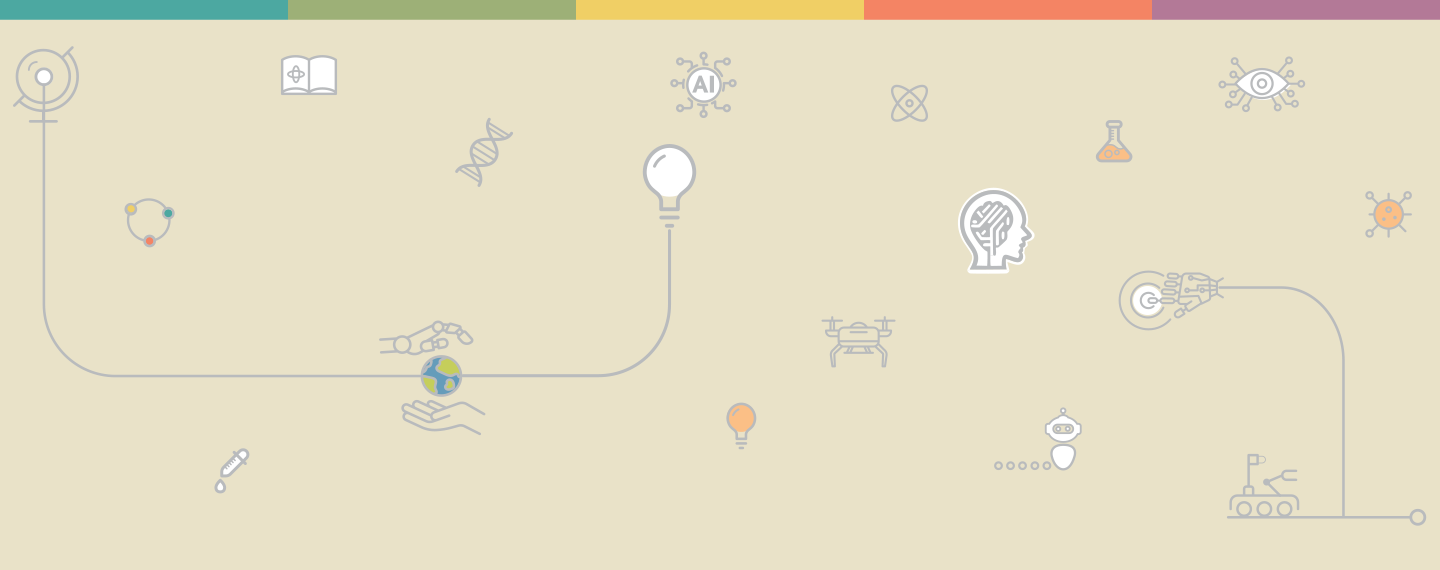The Next Big Wave

 The Double-Edged Sword of Technological Progress
The Double-Edged Sword of Technological Progress
By Glenn Entis '76 (Senior Director at Google Research, San Francisco, CA)
The impact of AI on humanity is a big topic for a short essay, so I will focus on a conveniently narrow sample—will it affect me?
Yes, profoundly.
I know this because the steady advances in computer graphics and animation have shaped the course of my career ever since I saw my first computer-animated film, a black-and-white line drawing of a morphing hummingbird, as an OWU freshman in a fall 1972 colloquium organized by Marty Kalb.
After almost half a century working in this field, I can report that the current explosion of AI techniques, particularly the combination of large language models and generative media (AI models that can produce images, video, audio, simulations, etc.), are by far the most profound and far-reaching.
Previous advances extended our abilities in making images, and in so doing, raised deep and sometimes challenging questions about taste, human craftsmanship, the personal vs. the technical. But the current wave of advances is also challenging our previous conceptions of human intelligence, creativity, and agency. The speed of those advances—and the overwhelming nature of the challenges—is unprecedented.
I am optimistic and excited at the creative possibilities opening up in this new branch of creative tools. The power and promise of these tools as creative partners is stunning.
This is not to say that art will just make itself. Cocreation— the collaboration between human artists and these powerful tools—is the key to their long-term contribution to our lives and culture.
There are many good reasons to consider personal expression as a fundamental property of art. By that definition, artifacts made without human input or intervention would be decoration or maybe just cultural pollution but would not qualify as art. But these are tools artists guide, prompt, iterate, polish, and interpret, and the results are expressions of personal aesthetics and values, no matter how sophisticated the tools.
Will there be bad art, bad actors, bad consequences? Will something be lost, and will jobs and roles evolve? Do we need to act responsibly in the development and deployment of new tools and techniques?
Of course!
But as a species, we seem to be wired, maybe inexorably, to continue hammering away at the doubleedged sword of technological progress. Every new idea and technology, from the written word to the printing press, photograph, electronic transmission, and now AI, has introduced new challenges and potential dangers.
But it is not in the nature of artists, nor I believe the species as a whole, to stop the flow of progress, and simply say, "We've learned enough."
